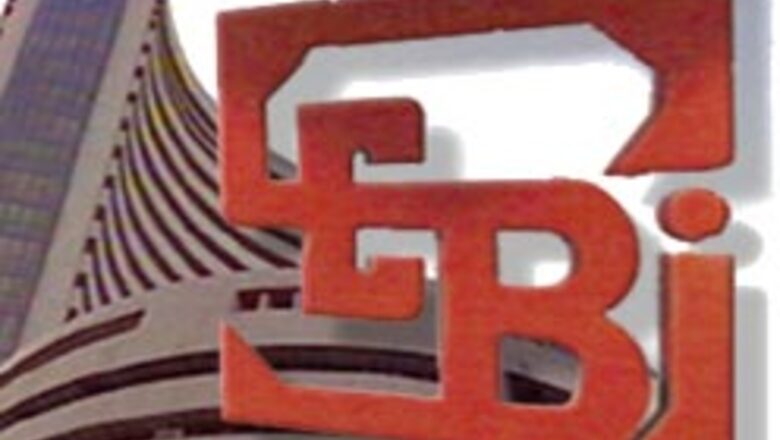
views
New Delhi: 8000 demat and bank accounts, 13 entities, one depository participant, two merchant bankers, two banks, over Rs 11 lakh Yes Bank shares and a severe reprimand to two depositories. This marks the beginning of Sebi's action against a web of benami demat and bank accounts used to corner IPO shares.
It's a massive crackdown on multiple demat accounts used to corner shares in IPOs. Sebi has uncovered two Gujarat based entities, Roopalben Panchal and Sugandh Estates that together had almost 8000 demat and bank accounts, which were used to corner shares in the Yes Bank IPO.
Roopalben Panchal was discovered to have 6315 demat and bank accounts that she and her associates used, to subscribe to over 65 lakh Yes Bank shares. They were ultimately granted 9,31,600 shares.
Roopalben Panchal used many thousand corresponding bank accounts at a Bharat Overseas Mumbai branch to finance the subscriptions.
Sugandh Estates and its associates followed the same modus operandi, using 1315 demat and bank accounts to subscribe to over Rs 13 lakh Yes Bank shares, finally cornering 1,97250 shares.
Sebi traced all the bank accounts to one branch of Vijaya Bank, the entire lot of almost 8000 demat accounts between these 2 entities were with depositary participant Karvy. The market regulator was alerted by a spate of investor complaints regarding irregularities in the allotment of IPO shares.
The Yes Bank issue being the most recent cause for concern.
Having uncovered this web, Sebi has now come down hard on the many players involved. It has barred 13 entities from participating in IPOs and trading in any Yes Bank shares whatsoever.
It has also directed depositories NSDL and CDSL to enhance their surveillance systems for possible case of benami bank accounts and money laundering.
PAGE_BREAK
Sebi has also directed NSDL to investigate it's depository participant Karvy Computer share to ensure that Karvy followed the 'know your customer' norms while opening these demat accounts.
Besides Sebi has referred Bharat Overseas Bank and Vijaya Bank to the RBI for multiple accounts appearing to be held by benami entities and used for money laundering.
While this may be the first such set of strict actions taken by Sebi, the practice of using multiple demat accounts to corner shares in an IPO is a rather well known and prevalent one.
The modus operandi used is to submit many applications for shares in the retail category of an IPO using fictitious names and multiple demat and bank accounts. Once the allotments are made to these various accounts, the investor and his associates consolidate the holding through off-market transactions before the shares list.
This is possible as the transfer of shares from one demat account to another is allowed without having to route this through the exchanges. That means even if the investor's shareholding crosses 1 per cent, the exchanges have no clue.
Once listed the shares are then traded by the investor and his associates who control the consolidated accounts.
This is just the beginning of Sebi's examination of the many loopholes in the IPO subscription process. The regulator is also looking at possible systemic lapses by depository participants, merchant bankers, banks, and registrars.

















Comments
0 comment